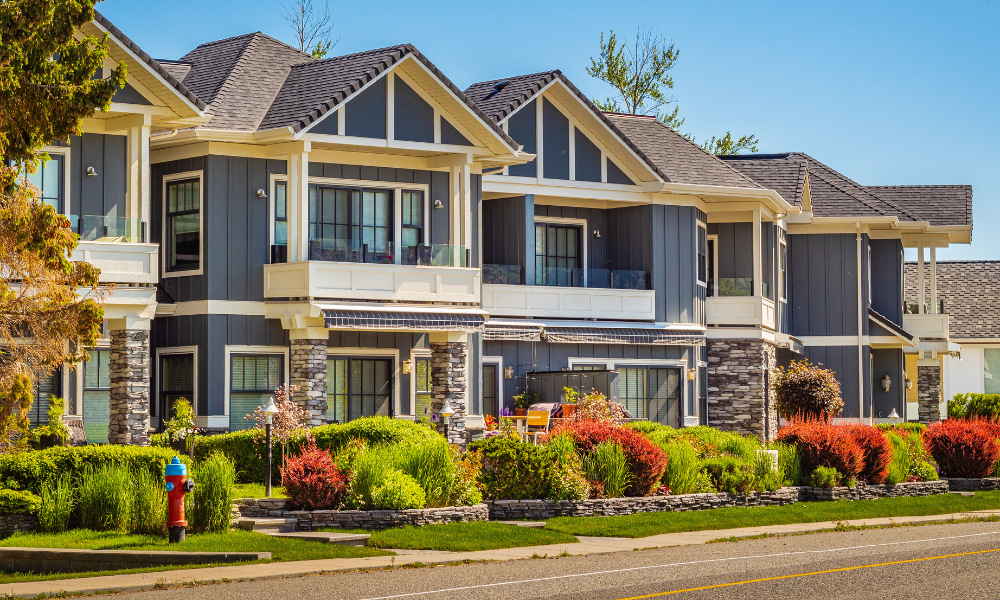The practice can be a lucrative one – but is set to face a government crackdown in 2025

A survey by Statistics Canada showed that home flipping accounted for only a small percentage of property sales in British Columbia between 2019 and 2021 – but the practice has proven to be lucrative and profitable for sellers.
Home flipping involves buying up properties and then selling them quickly for profit, often driving home prices up in the area.
Metro Vancouver property data showed median gross profits illustrating the potential for quick turnover in terms of financial gains. Between 2019 and 2021, detached homeowners who were selling their property shortly after purchasing realized a reported gross profit of 29.9%, and condo sellers achieved a median gross profit of 16.3%.
Those seller types made up only a small share of the overall market. Less than 3% of detached homes and 4% of condos sold in 2021 had ownership for less than a year.
SFU's Beedie School of Business finance professor Andrey Pavlov told Global News the data included nuances, with half of the flips occurring due to changing life circumstances and the other half potentially done for speculative reasons.
In an effort to curb speculative activity in the housing market, the BC government introduced a new home-flipping tax effective January 1, 2025. This new tax would put a 20% levy on the profit if a house is sold within a year of buying, though some exceptions exist in regard to death, divorce, or a job transfer.
The provincial government explained that the tax's main purpose is to safeguard potential homebuyers from competition with housing speculators. The tax measure is graduated for those properties sold within two years of purchase, and its application will be retroactive to the 2023-2024 tax year.
Based on Finance ministry's expectations, the tax is projected to bring about $40 million in revenue and will affect about 4,000 sales per year.



